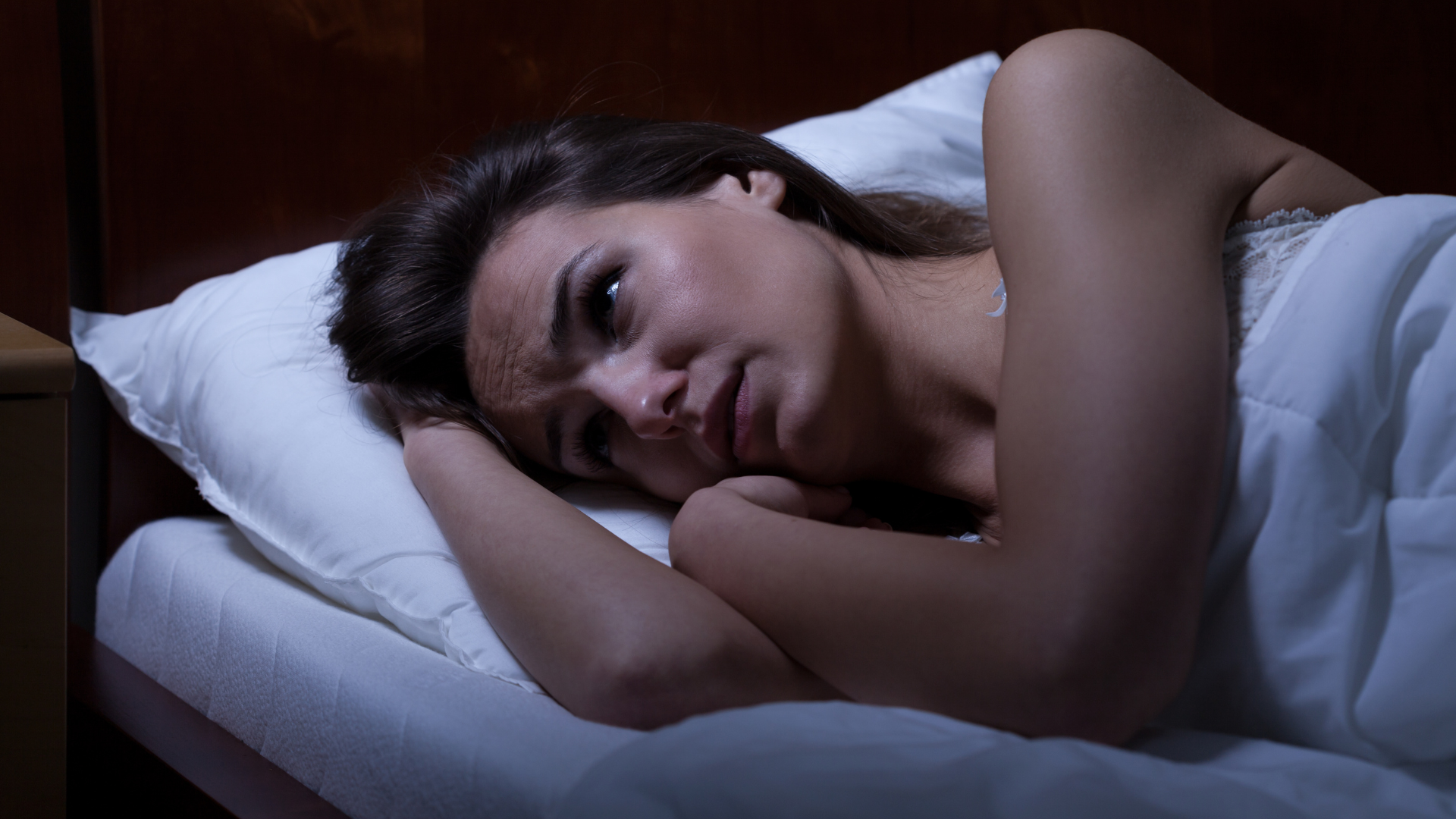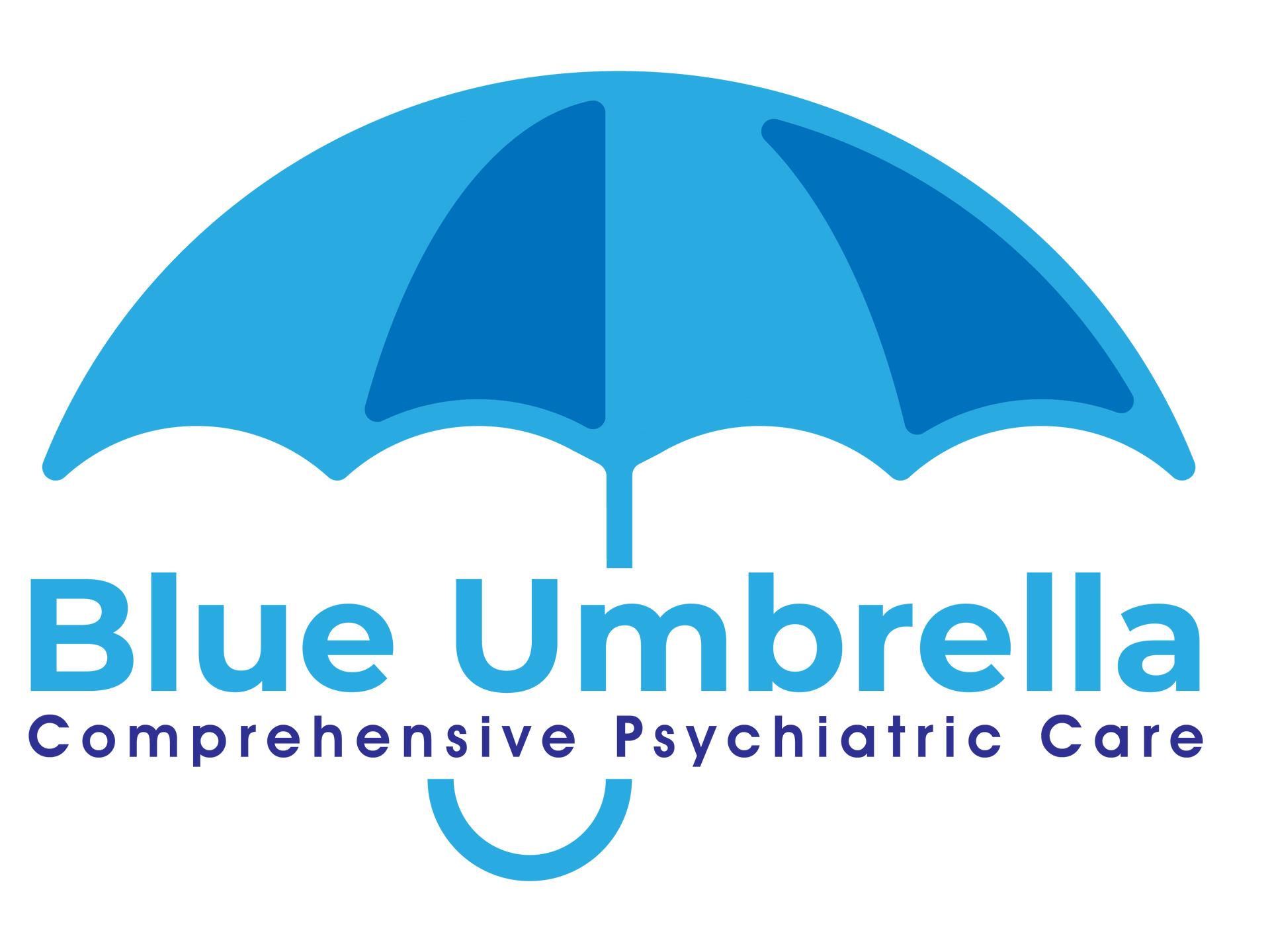
Seasonal Shifts & Mental Health: Coping with Shorter Days
The Changing Season and Your Mood
As fall arrives, the days become shorter, the air gets cooler, and routines begin to shift. For many people, this transition feels cozy and grounding—pumpkin spice, fall festivals, and holidays with family. But for others, less sunlight and a disrupted rhythm can trigger changes in mood, motivation, and overall mental health.
This isn’t just “in your head.” The seasons really can affect how your brain and body function.
What Happens in the Brain
Daylight plays a major role in regulating the brain chemicals that influence mood and energy. When sunlight exposure decreases in the fall and winter:
- Serotonin levels may drop, leading to lower mood and irritability.
- Melatonin levels increase, making you feel more sluggish or tired.
- Circadian rhythm (your internal body clock) shifts, which can disrupt sleep cycles and concentration.
These changes don’t affect everyone in the same way. Some people may just feel a little less energetic, while others experience more intense symptoms that interfere with daily life.
Understanding Seasonal Affective Disorder (SAD)
It’s normal to feel a little “slowed down” during fall and winter, but if your symptoms are persistent and significantly impact your daily life, you may be experiencing Seasonal Affective Disorder (SAD).
Common symptoms of SAD include:
- Ongoing sadness, hopelessness, or irritability
- Loss of interest in activities you usually enjoy
- Low energy or feeling “weighed down”
- Changes in appetite (often craving carbs or sugar)
- Difficulty concentrating
- Sleeping too much or struggling with poor-quality sleep
SAD is a type of depression, and like other forms of depression, it deserves professional attention and care.
Healthy Coping Tools
There are many ways to support your mental health during seasonal shifts. Small daily adjustments can make a big difference in managing mood changes:
- Light Therapy Lamps: Special lamps designed to mimic natural sunlight can boost serotonin and regulate your circadian rhythm.
- Consistent Sleep Schedule: Going to bed and waking up at the same time helps your body adapt to the shorter days.
- Outdoor Movement: Even 15 minutes of fresh air and natural light can improve mood and energy levels.
- Journaling or Mindfulness: Reflection practices can help reduce stress and increase awareness of emotional shifts.
- Social Connection: Isolation often worsens symptoms. Making intentional plans with friends or family adds stability and support.
When to Seek Help
If low mood, fatigue, or changes in sleep and appetite are persistent, it may be time to reach out for support. At Blue Umbrella Psychiatry, our team of psychiatrists and therapists works together to help you:
- Identify whether your symptoms may be related to SAD or another condition
- Explore therapy strategies like Cognitive Behavioral Therapy (CBT)
- Consider safe, effective medication options when appropriate
- Develop lifestyle strategies that fit your needs and goals
You don’t have to push through seasonal struggles alone. With the right tools and support, it’s possible to feel more balanced and energized—even during the darker months.
📞 Call Blue Umbrella Psychiatry today at 954-341-5215 to learn more about treatment options for seasonal depression and year-round mental wellness.













